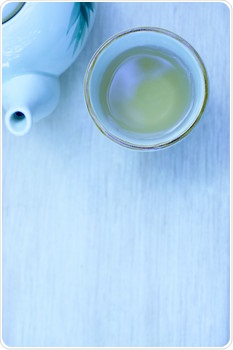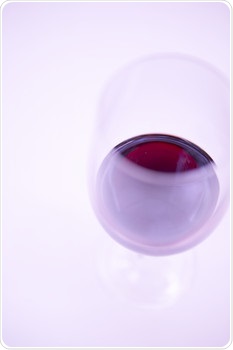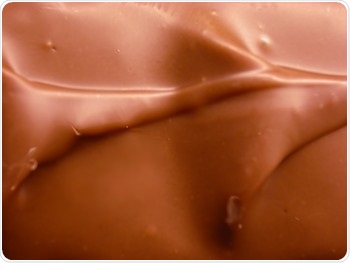Flavonoids are a type of plant metabolite that are thought to provide health benefits through their antioxidative effects. Flavonoids are essential pigments for producing colors in plants that will attract pollinating insects. They are therefore found in a variety of fruit and vegetables.
Some examples of foods that contain flavonoids are described below:
Citrus fruits
Citrus fruits such as lemons and oranges contain flavonoids such as hesperidin, quercitrin and rutin. Hesperidin is a glycoside of hesperetin which is a flavanone, and quercitrin and rutin are glycosides of quercetin, which is a flavonol. Another flavonoid found in citrus fruits is tangeritin.

Green and white tea
Green tea is rich in flavonoids that posses antioxidant properties, which can protect against heart disease and cancer. Some of the important flavonoids in green tea include kaempferol and catechins such as epicatechin, epicatechin gallate, and epigallocatechin gallate. When oolong tea or black tea is prepared, the leaves are allowed to oxidize. This causes conversion of some or all of the catechins to larger molecules and reduces the flavonoid content. White tea is tea that has undergone even less processing than green tea and therefore provides the highest catechin content.

Red wine
Wine is prepared from grapes, the skins of which are known to contain significant amounts of flavonoids and other polyphenols. The flavonoids are mainly stripped from the stems, skins and seeds of the grape during the wine making process. Red and white wine both contain flavonoids but red wine contains more flavonoids since less contact is made with the skins of white grapes during winemaking.

Dark chocolate
Flavonoids occur naturally in chocolate but are often extracted because they can taste bitter. Flavonoids are also present in both dark and milk chocolate, although milk can disrupt their absorption.

Some examples of other foods that contain flavonoids include:
- Seabuckthorn
- Berries, particularly blueberries
- Onions
- Parsley
- Ginkgo biloba
- Lentils and pulses
Sources
- http://mimoza.marmara.edu.tr/~ozan.deveoglu/A11.pdf
- http://www.fc.up.pt/pessoas/lfguido/Design/Assets/Flavonoids.pdf
- http://www.ipharmsciencia.com/Dacuments/1/4.pdf
- http://ajcn.nutrition.org/content/74/4/418.abstract
Further Reading
- All Flavonoid Content
- What are Flavonoids?
- Quercetin and Epicatechin
- Is Cocoa Good for the Brain?
Last Updated: Feb 26, 2019

Written by
Dr. Ananya Mandal
Dr. Ananya Mandal is a doctor by profession, lecturer by vocation and a medical writer by passion. She specialized in Clinical Pharmacology after her bachelor's (MBBS). For her, health communication is not just writing complicated reviews for professionals but making medical knowledge understandable and available to the general public as well.
Source: Read Full Article